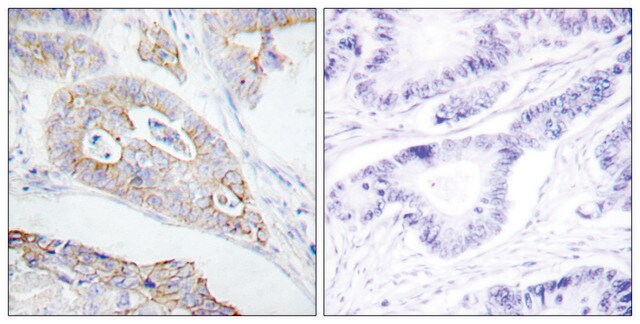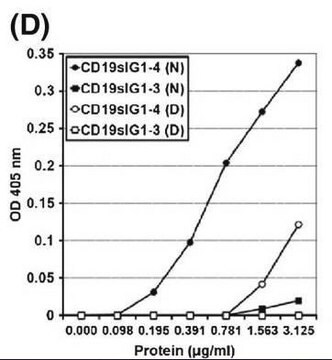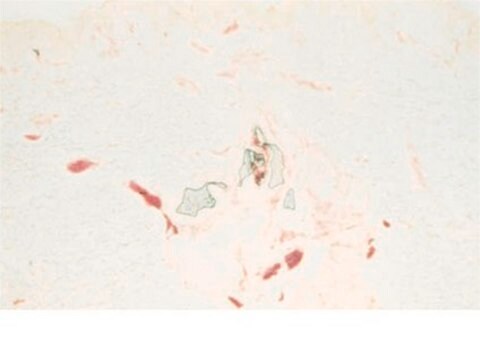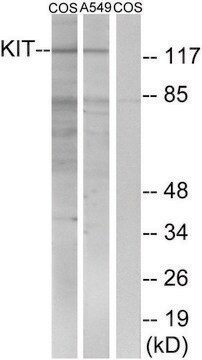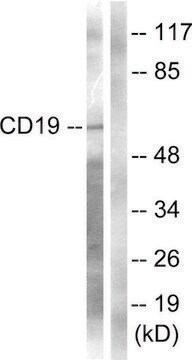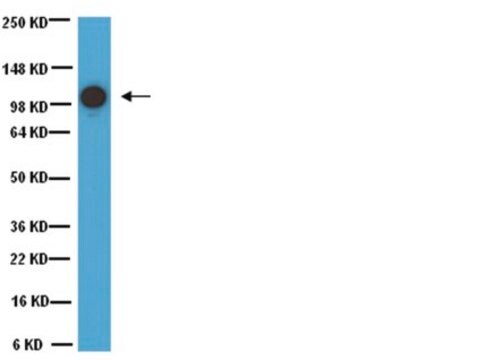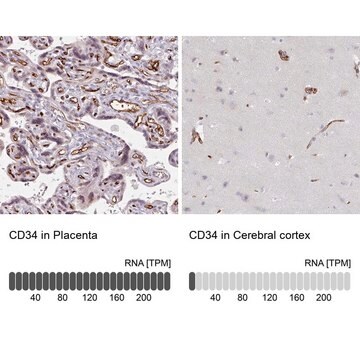MAB4315
Anti-STRO-1 Antibody, clone STRO-1
ascites fluid, clone STRO-1, Chemicon®
About This Item
Productos recomendados
origen biológico
mouse
Nivel de calidad
forma del anticuerpo
ascites fluid
tipo de anticuerpo
primary antibodies
clon
STRO-1, monoclonal
reactividad de especies
human, primate
fabricante / nombre comercial
Chemicon®
técnicas
flow cytometry: suitable
immunofluorescence: suitable
entrada
sample type mesenchymal stem cell(s)
isotipo
IgM
Condiciones de envío
dry ice
modificación del objetivo postraduccional
unmodified
Descripción general
Especificidad
Inmunógeno
Aplicación
Nota de análisis
Bone marrow cultures
Información legal
¿No encuentra el producto adecuado?
Pruebe nuestro Herramienta de selección de productos.
Código de clase de almacenamiento
10 - Combustible liquids
Clase de riesgo para el agua (WGK)
WGK 1
Punto de inflamabilidad (°F)
Not applicable
Punto de inflamabilidad (°C)
Not applicable
Certificados de análisis (COA)
Busque Certificados de análisis (COA) introduciendo el número de lote del producto. Los números de lote se encuentran en la etiqueta del producto después de las palabras «Lot» o «Batch»
¿Ya tiene este producto?
Encuentre la documentación para los productos que ha comprado recientemente en la Biblioteca de documentos.
Artículos
Frequently asked questions about mesenchymal stem cells including MSC derivation, expansion, differentiation and allogenic stem cell therapy.
Protocolos
Information about mesenchyme, specifically mesenchymal stem cell procotols. Step-by-step cell culture protocols for mesenchymal stem cell (MSC) isolation, expansion and differentiation.
Nuestro equipo de científicos tiene experiencia en todas las áreas de investigación: Ciencias de la vida, Ciencia de los materiales, Síntesis química, Cromatografía, Analítica y muchas otras.
Póngase en contacto con el Servicio técnico